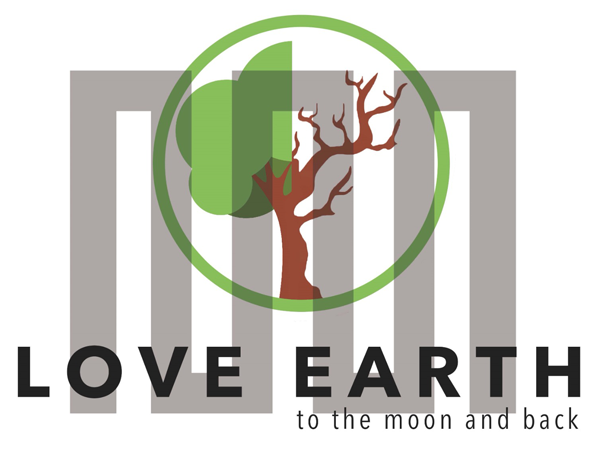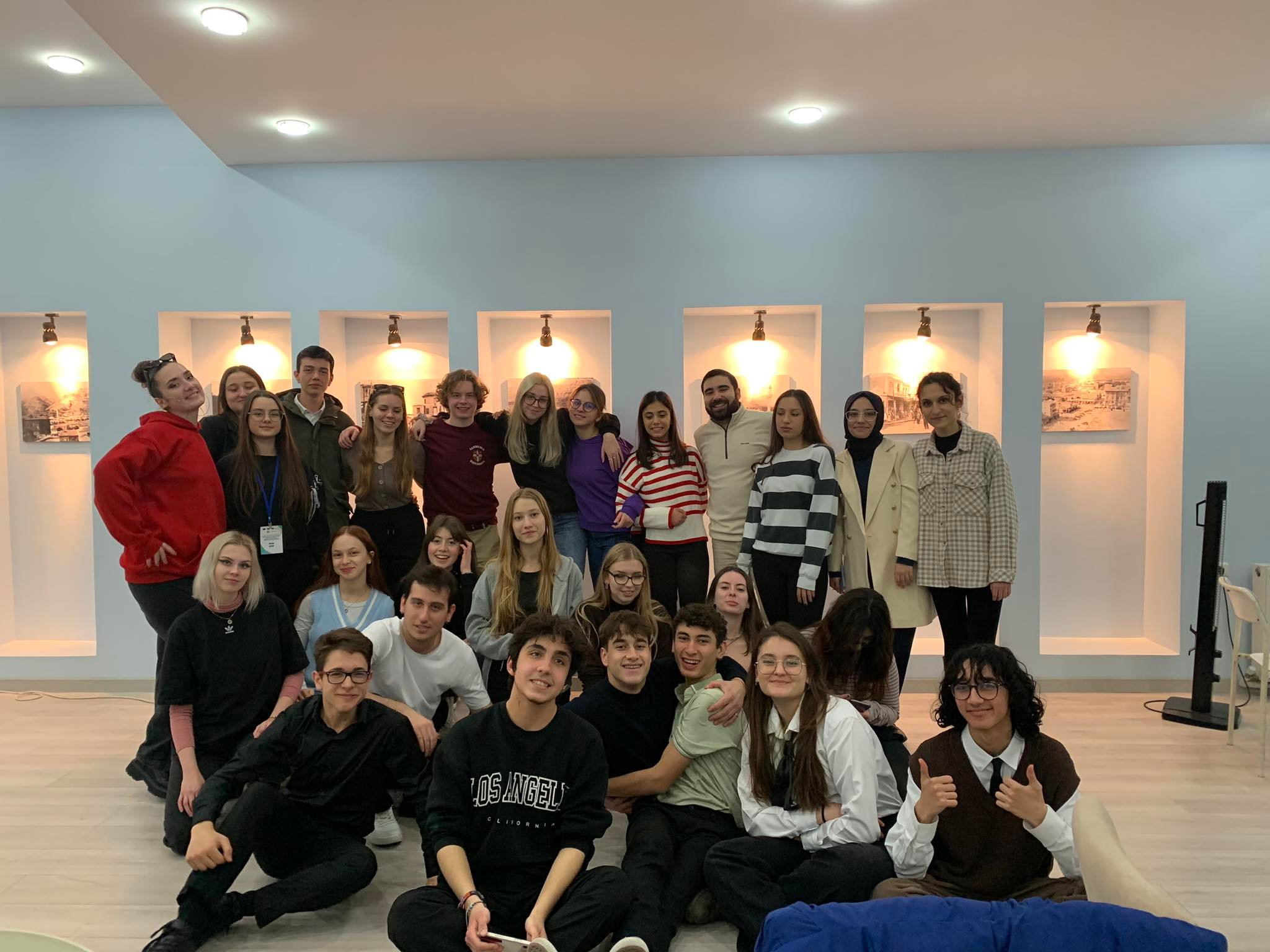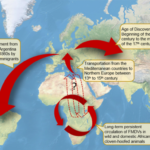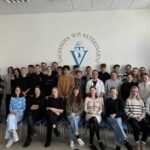At the beginning of February 2023, another international meeting of partners and students involved in our project took place as part of the C3 LTT activity. This time we returned to the place of the first management meeting, Manisa, Turkey, where we were hosted by Manisa Celal Bayar University. The aim of that meeting was to pilot the lesson plans created for Module 1.
Sunday, February 5 was intended to arrive at the venue, but due to the worsening weather conditions, most partner flights were delayed by several hours, some arrived the next day due to a cancelled connecting flight, and unfortunately, due to these problems, the partners from Iceland did not arrive at all and halfway through the journey they had to return.
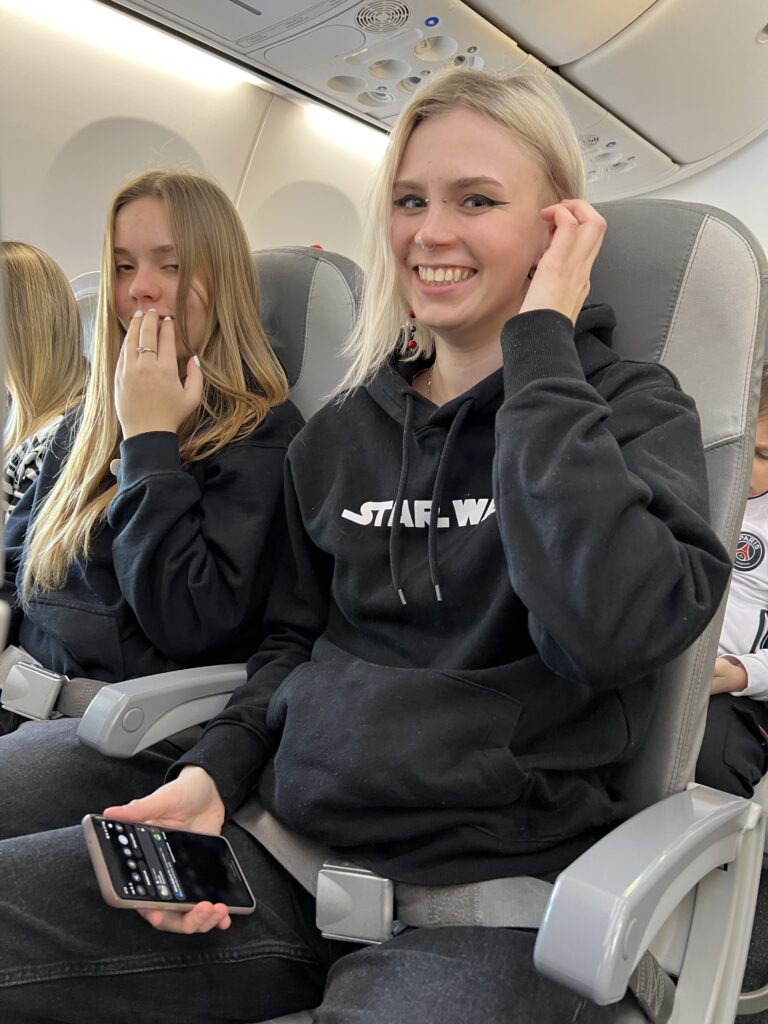

On Monday, we met in the university auditorium, where we were first introduced to the university, its history, the city of Manisa and, of course, Türkiye. This introduction was followed by the first piloting of the lesson plan from the Module 1. In the first part, the Czech Republic presented their lesson plans regarding the natural and artificial environment and their 4 sub-parts – Atmosphere, Lithosphere, Biosphere and Hydrosphere. In this part, students watched an introductory video created by a Czech student and then followed group activities, questions for students and other activities included in the lessons.
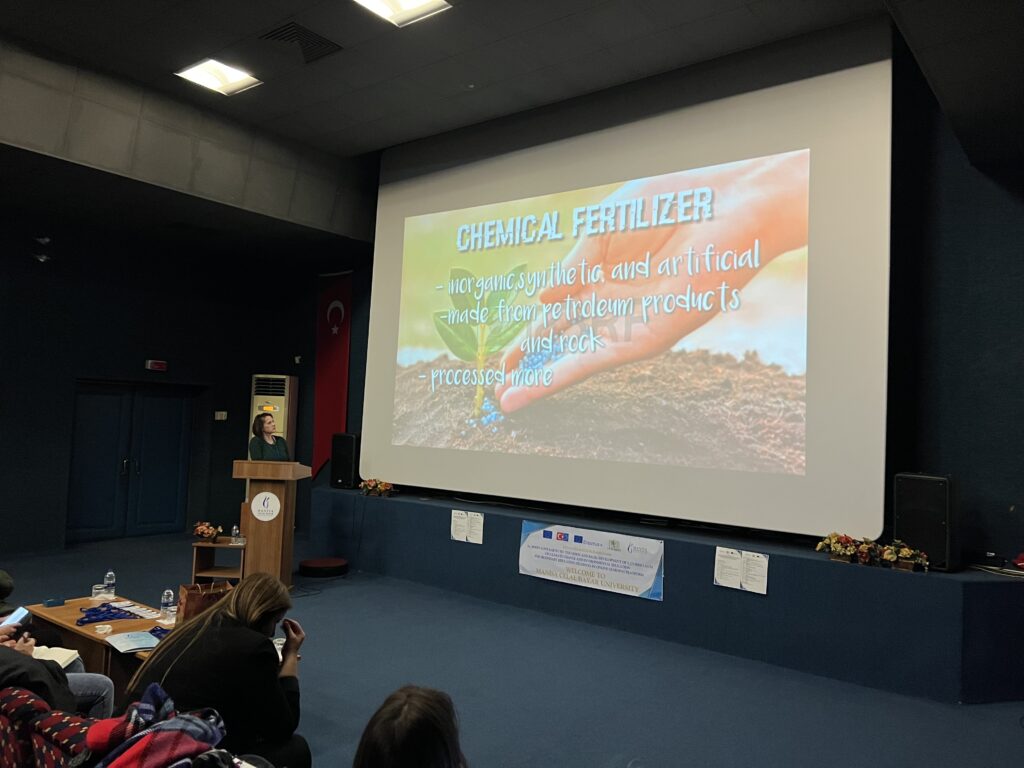
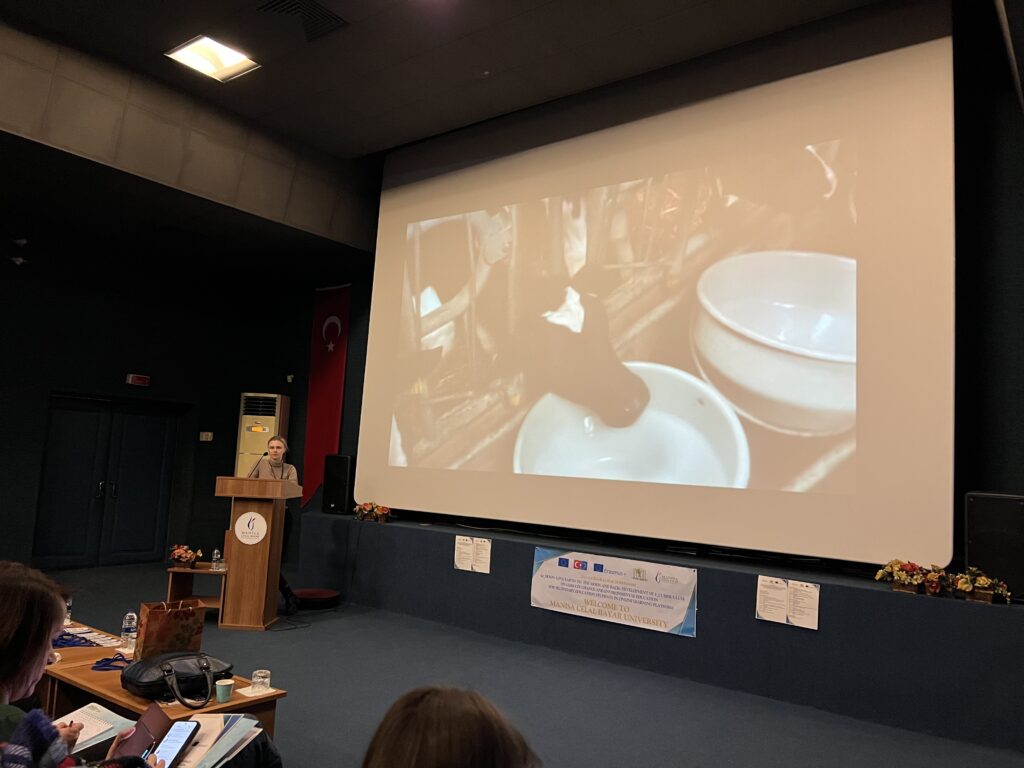
In the second part of the morning program, all students started a discussion to prepare questions and proposals for solving the current problems of urbanization in Turkish cities and gradually summarized their proposals for the policy makers they were supposed to meet on Thursday morning.
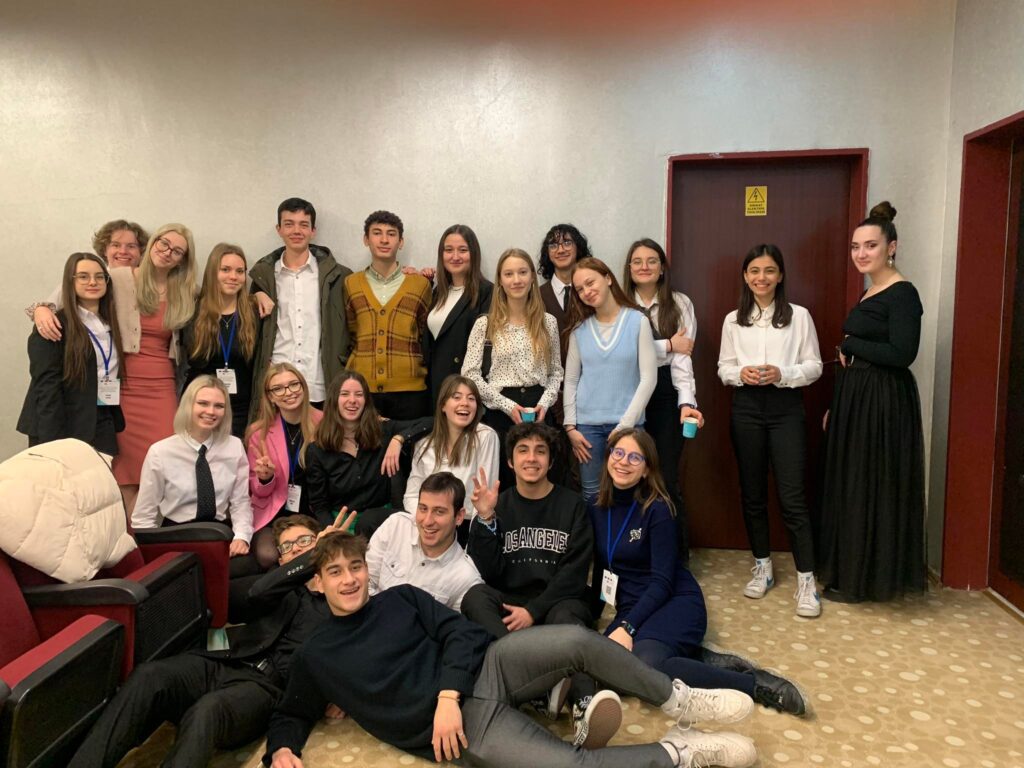
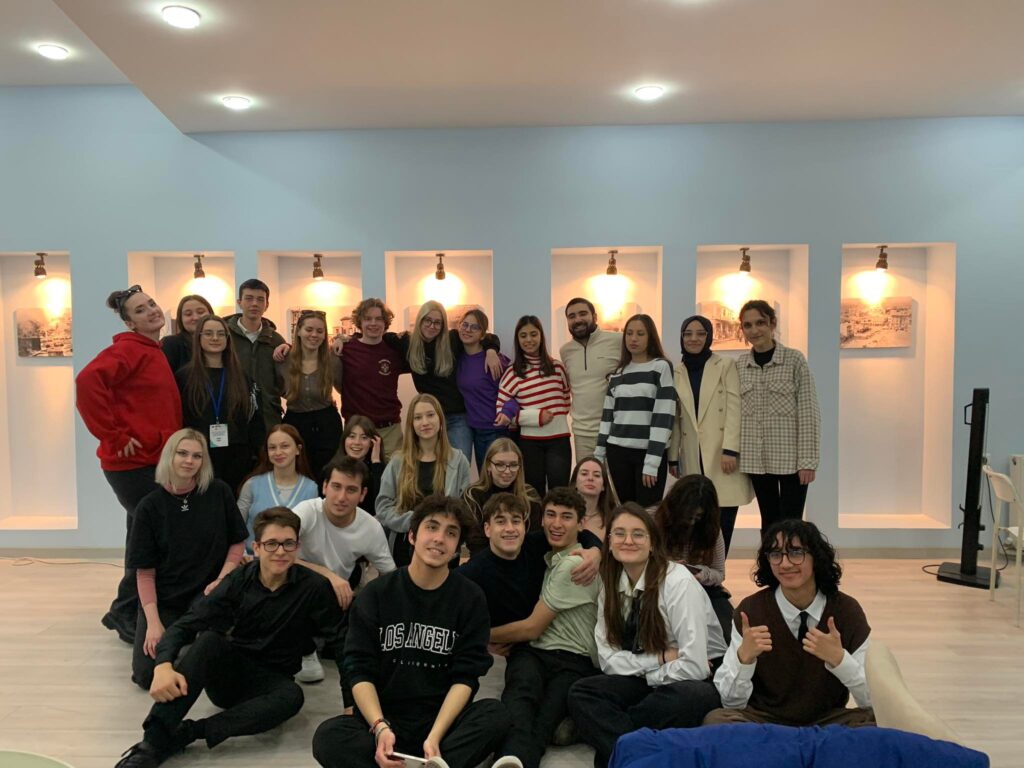
The afternoon program was in charge of France and their teaching lessons on the roles of producers and consumers on the balance of nature. Students worked in groups, discussed their solutions, had worksheets at their disposal that they developed together and then checked their acquired knowledge with a quiz.
Then the students started a discussion to prepare questions and proposals for solving current problems and the impact of urbanization in Turkish cities on the environment and gradually summarized their proposals for the policy makers they were supposed to meet on Thursday morning. The students were divided into 3 groups, with each country represented in each group.
After having dinner together and sitting in the tea room of a famous restaurant, we had the honour of visiting the Ottoman Museum on the hill in Manisa, where we had the opportunity to learn about the history of the Ottoman Empire, period costumes and weapons, and the style of living at that time.
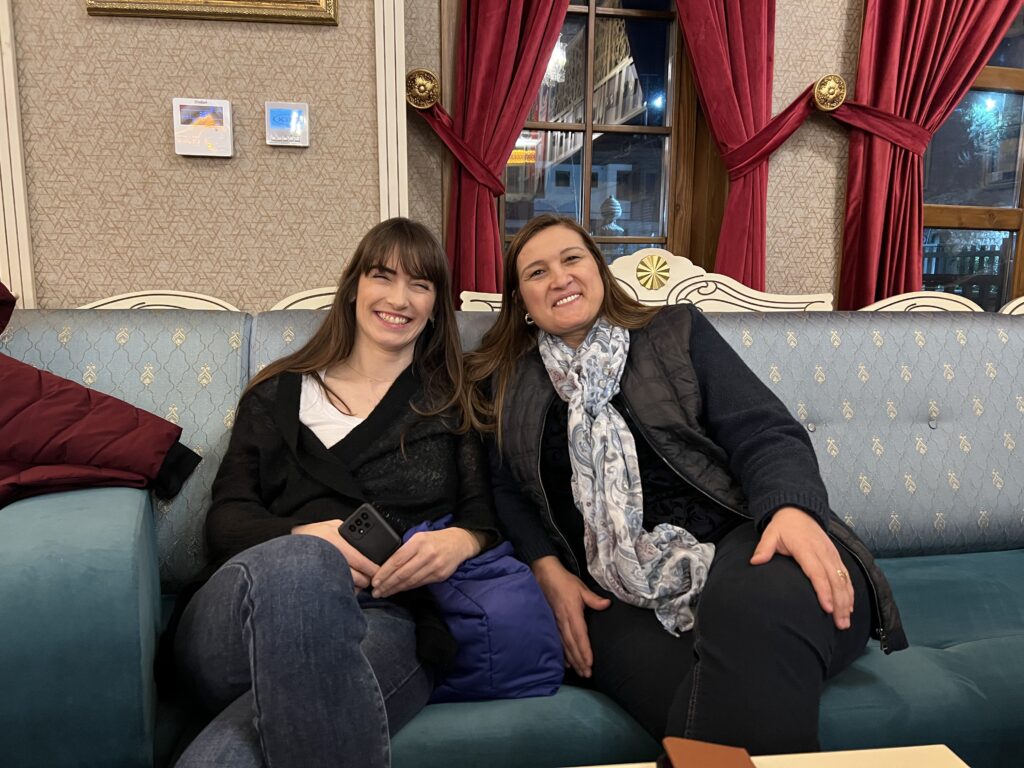
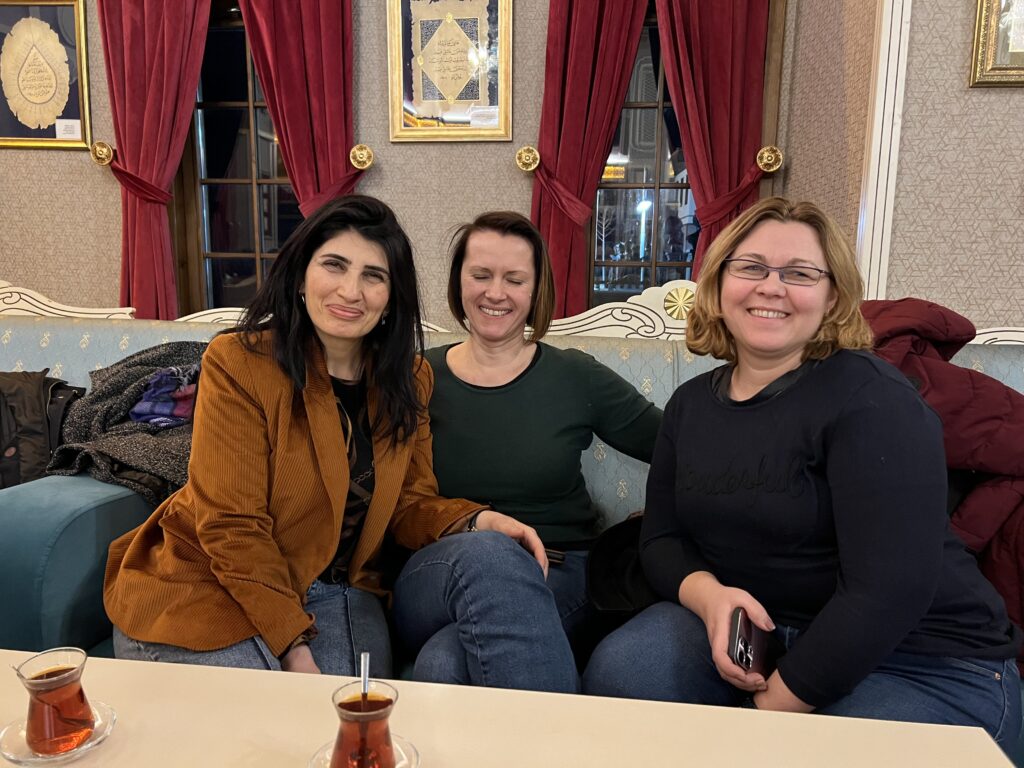
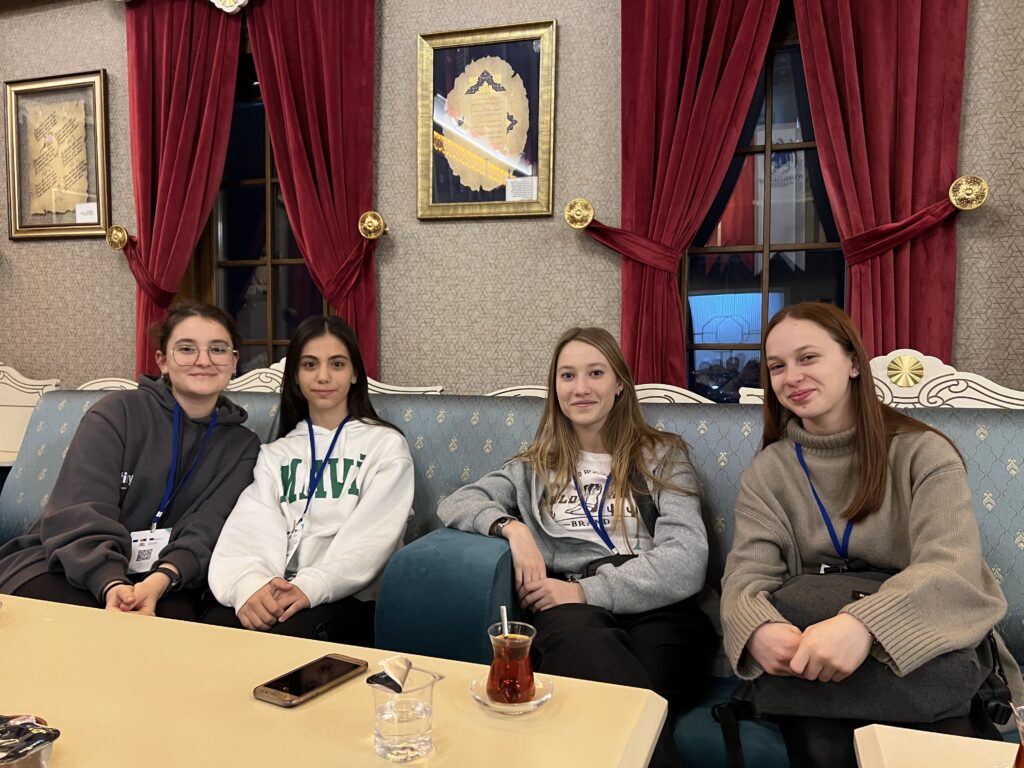

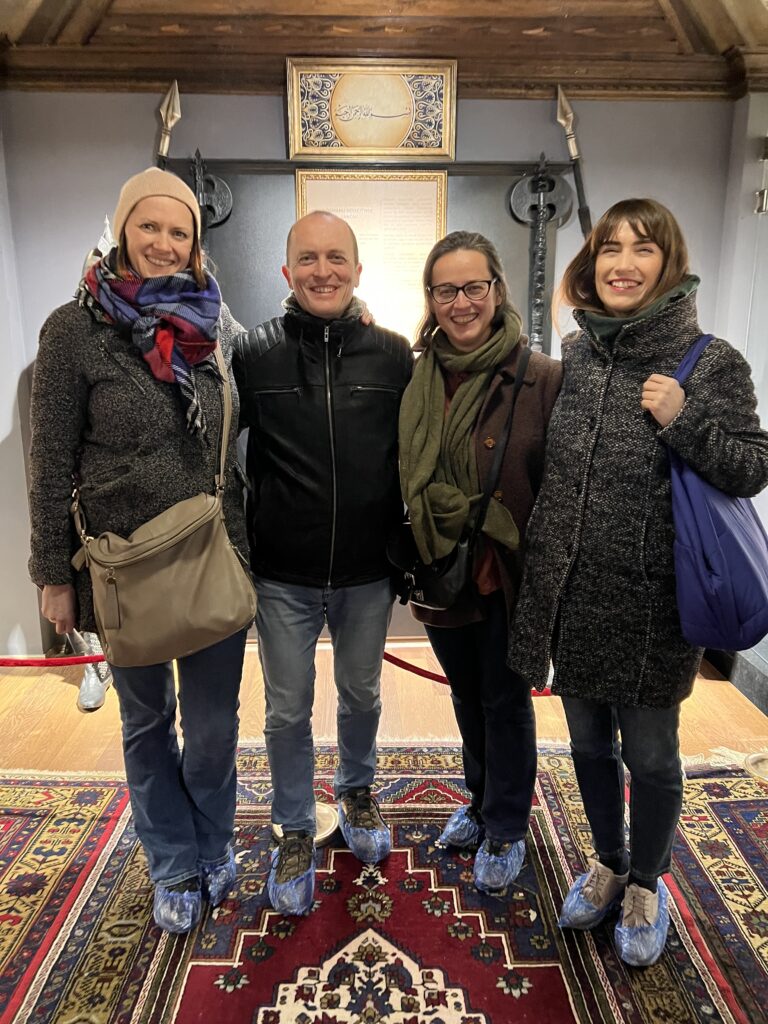

On Tuesday morning, all partners were trained to work with the Moodle application. The training was provided by Estela Dauksiene, who carefully explained everything, answered all questions, so that everyone was ready to work with this digital platform.
In the meantime, the students continued to draft solutions to the issues of urbanization and its impact on the environment, processing their proposals electronically so that they could hand them over to representatives of policy makers.
The afternoon program was run by the Polish partners, who piloted their part of module 1 on the topic of Human and Nature and how to maintain the natural balance and in the second part presented the topic of Designing and social awareness for the natural balance. The students listened to one song, completed their task and used modern online interactive apps to present their ideas Then the partners from Austria introduced their part of the module concerning The environmental ethics and dilemmas where they discussed dilemmas regarding planting trees and the importance of rain water and keeping the balance in nature.
On Wednesday morning we went on a day trip to Selcuk where we visited Ephesus, an ancient Greek empire, we saw archaeological sites, excavated monuments, restored monuments and much more. Ephesus has suffered many natural disasters, but restorers are gradually succeeding in restoring this magnificent work.
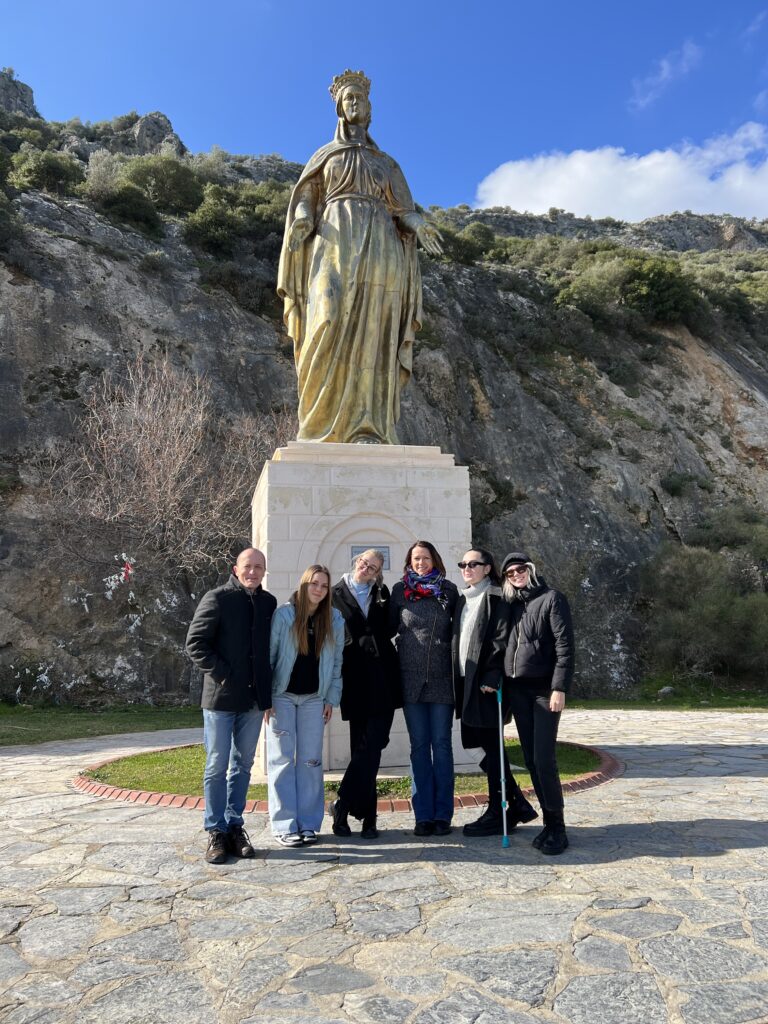

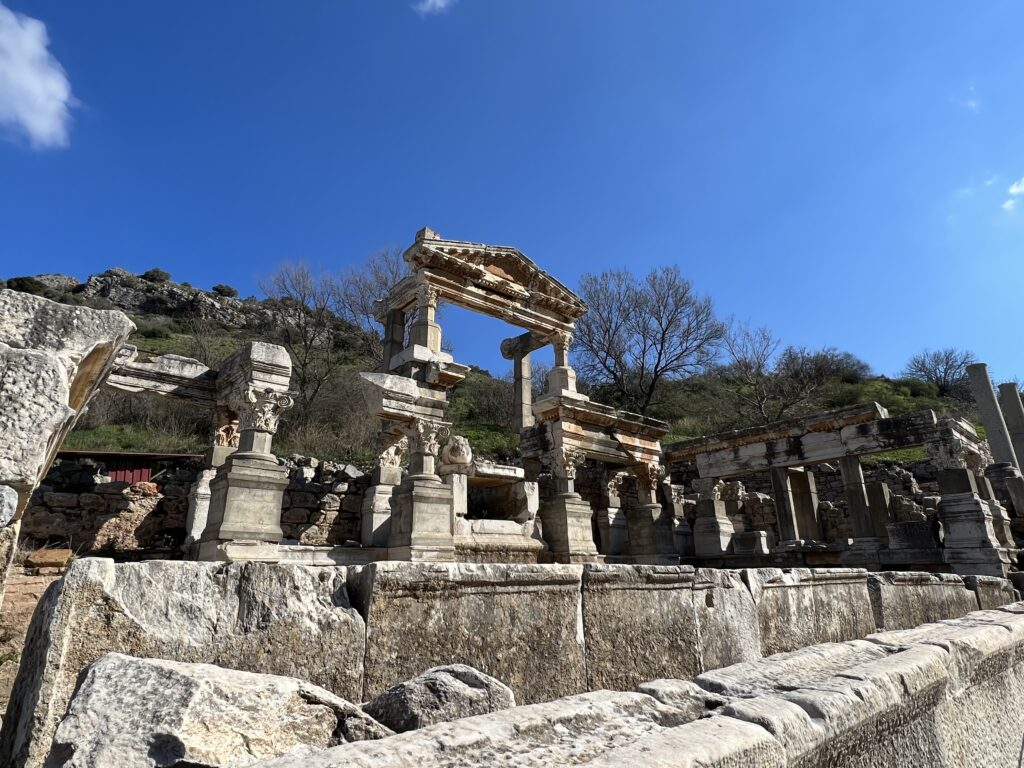
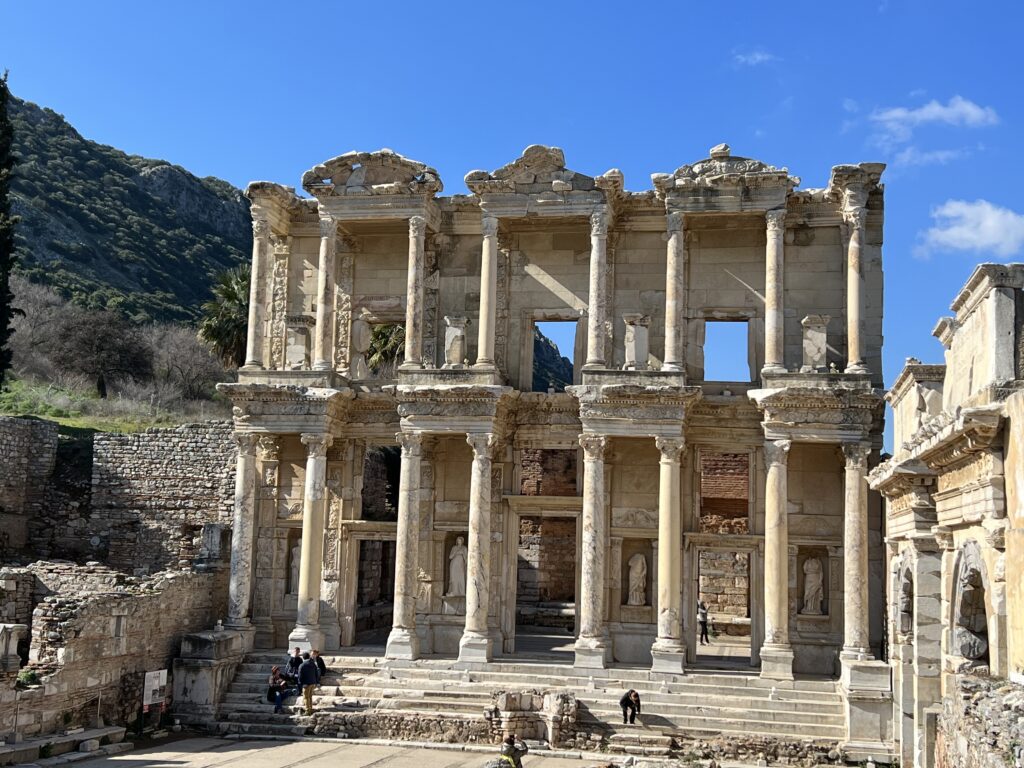

On Thursday morning, we visited the cultural institute in Manisa, where students in groups presented their statements to the politicians, who, unfortunately, due to the earthquake in the south of the country, could not appear in person, so they recorded their questions, answers for the students and also prepared a knowledge quiz for them. After that, we had the opportunity to visit the rescue centre for the earthquake-affected areas and support it.
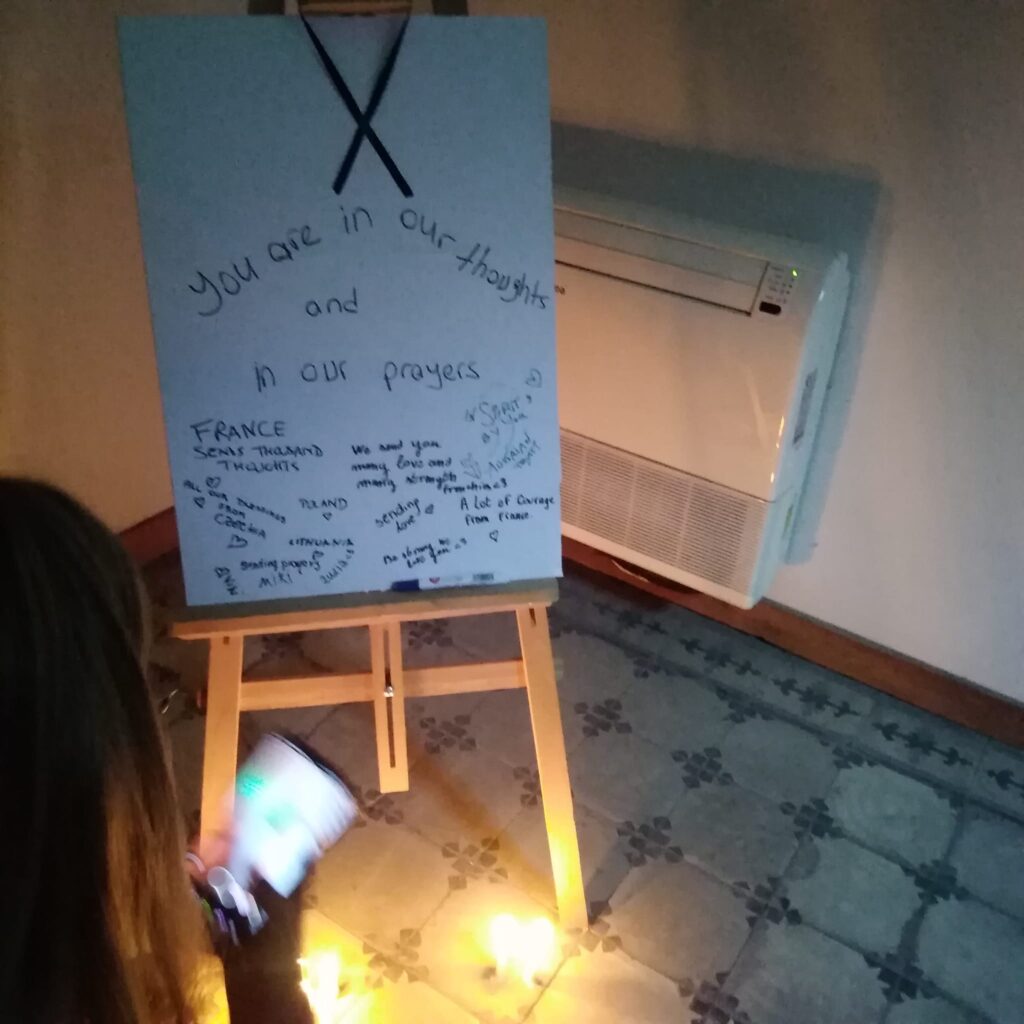
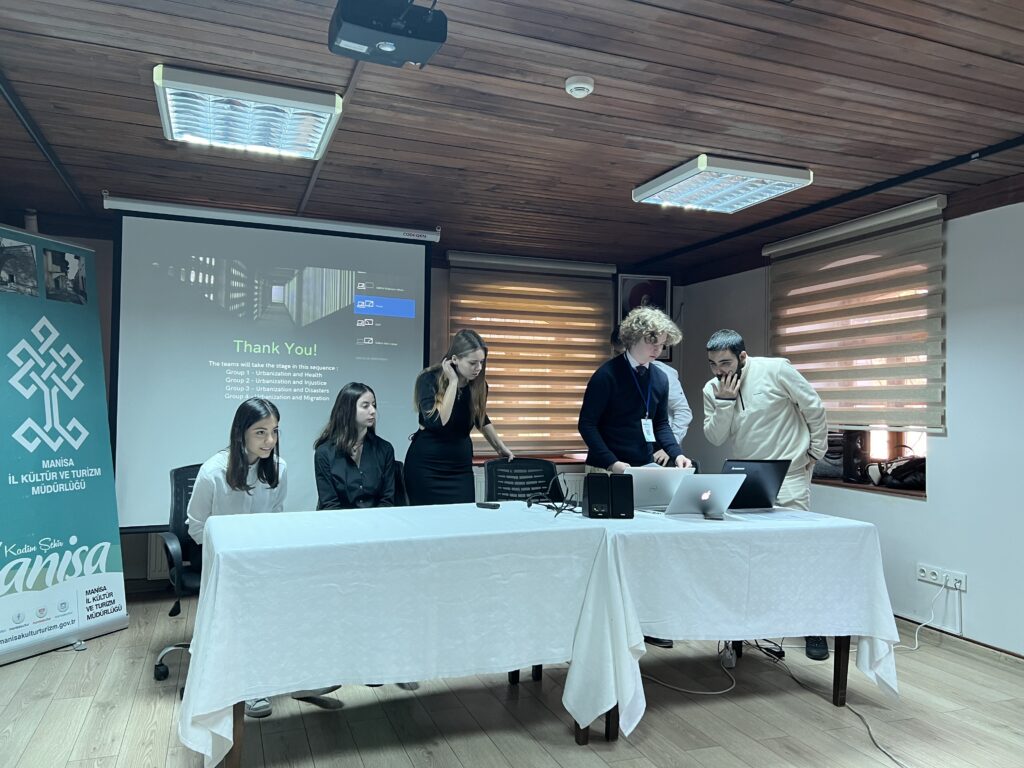
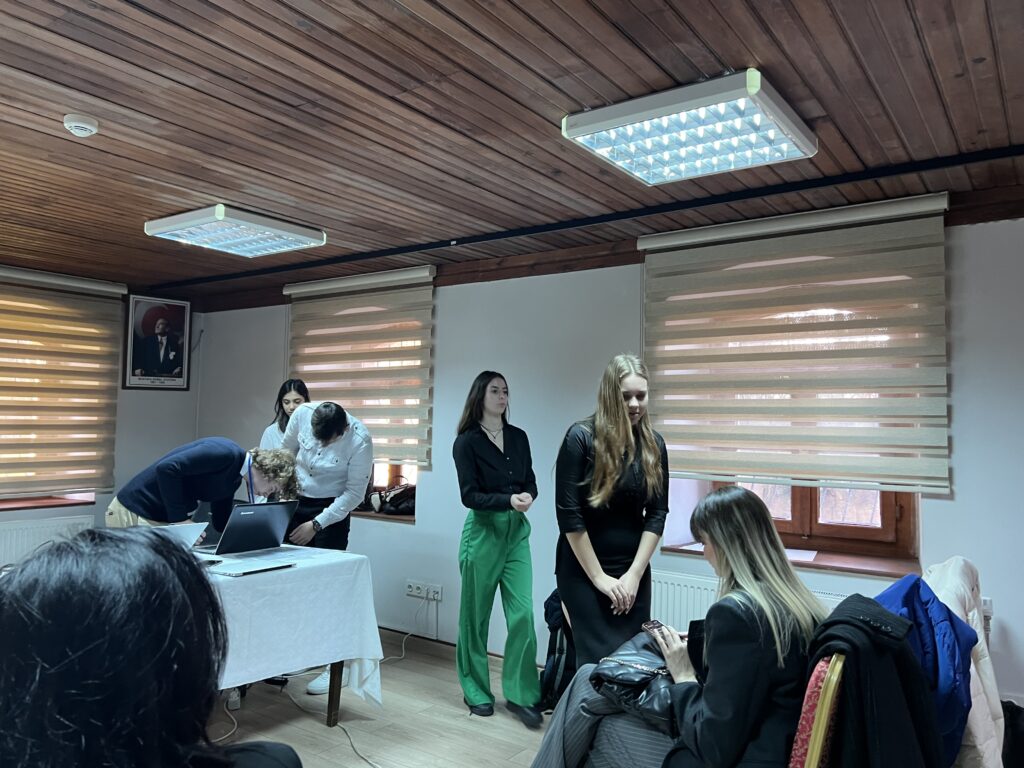
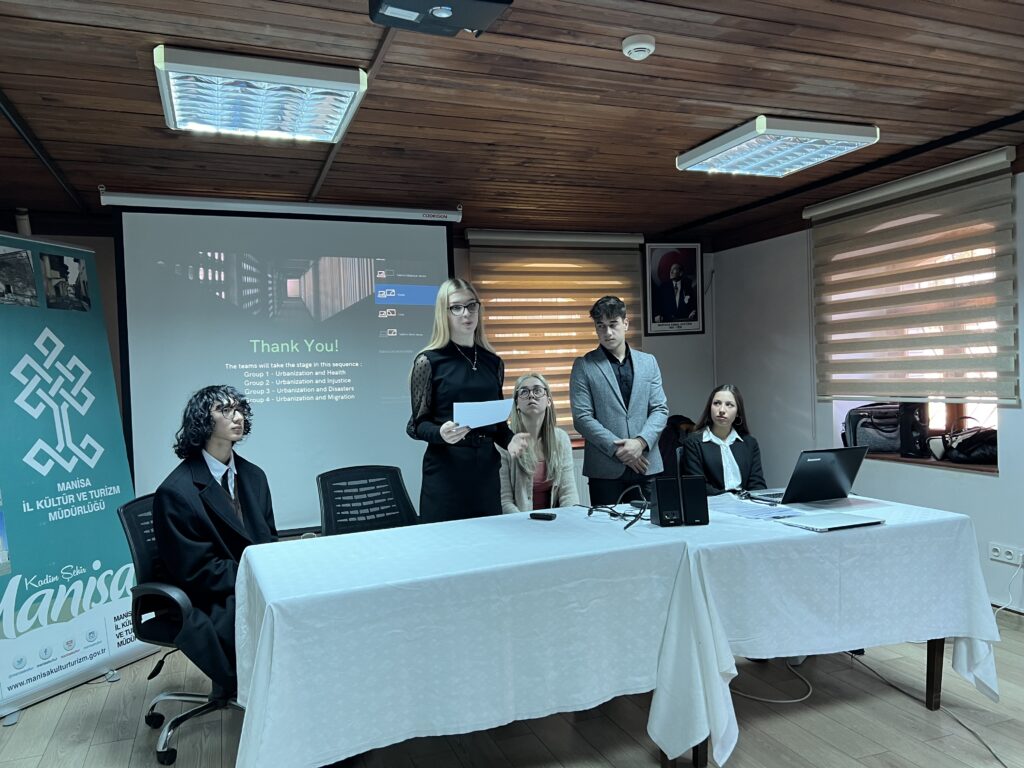
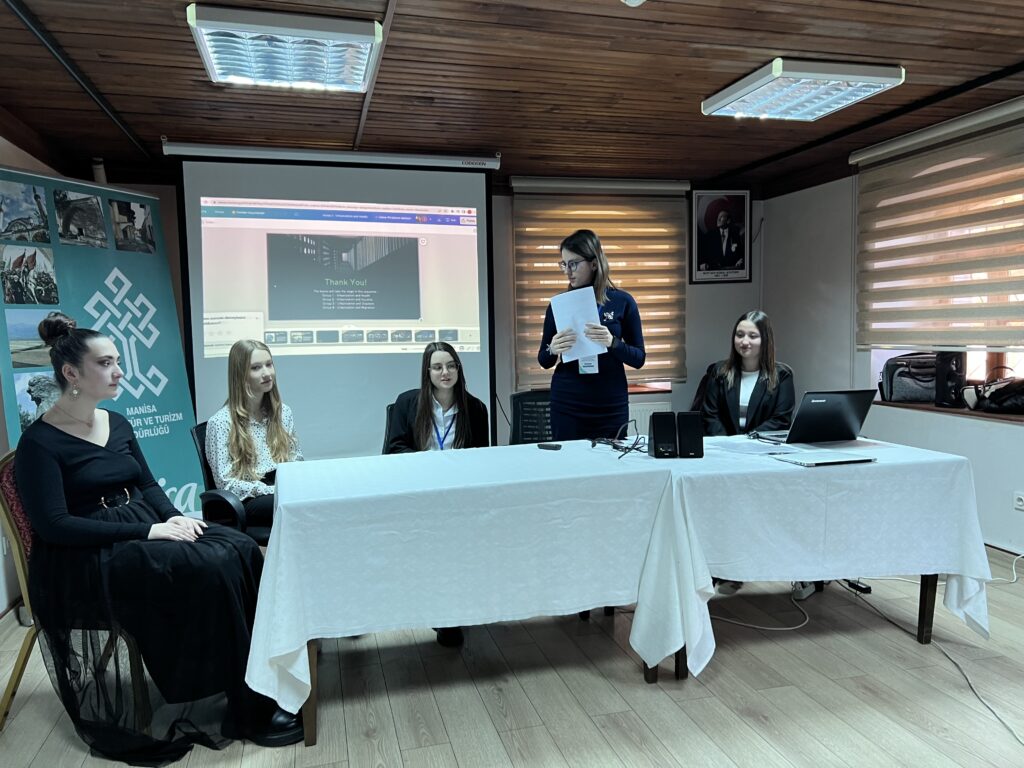
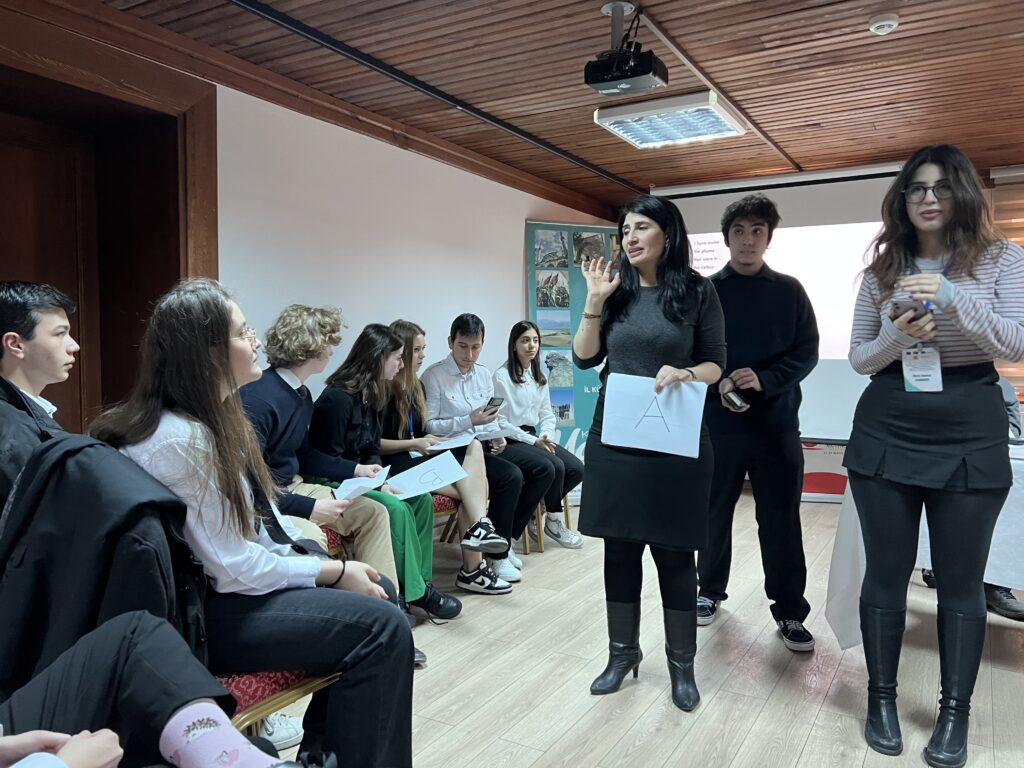
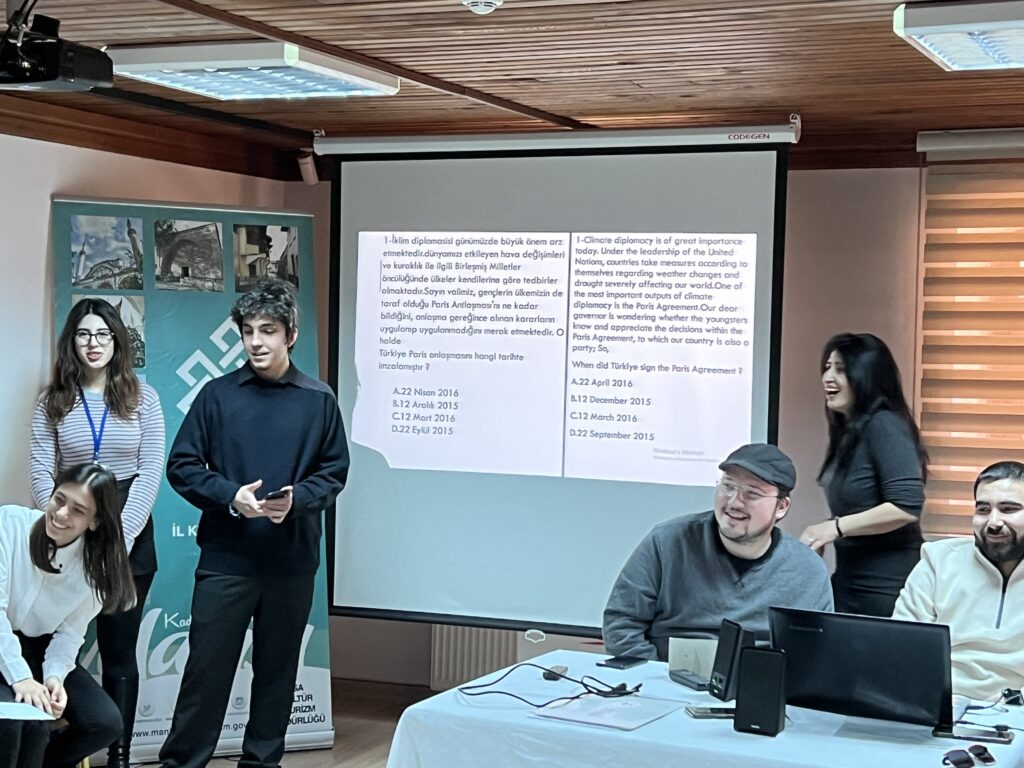
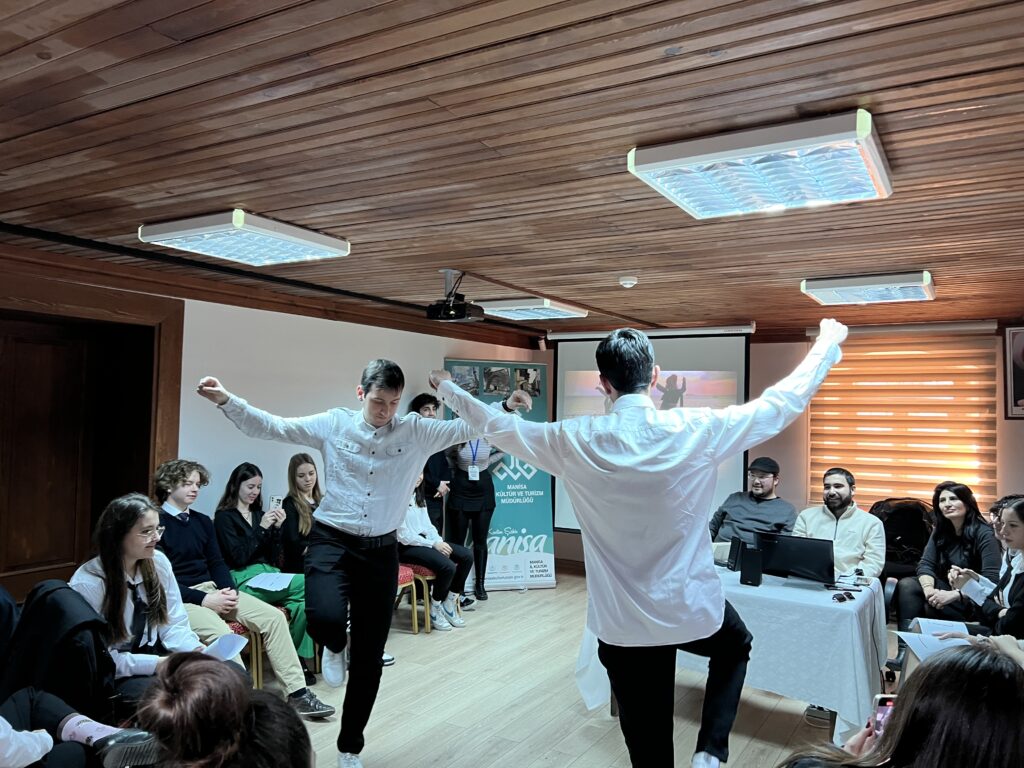
The afternoon program took place in the Manisa Celal Bayar University rector’s office, where all partners and students received certificates of participation in the event during a ceremony. The rector of the university warmly welcomed everyone and formally offered the students to study abroad at his university.
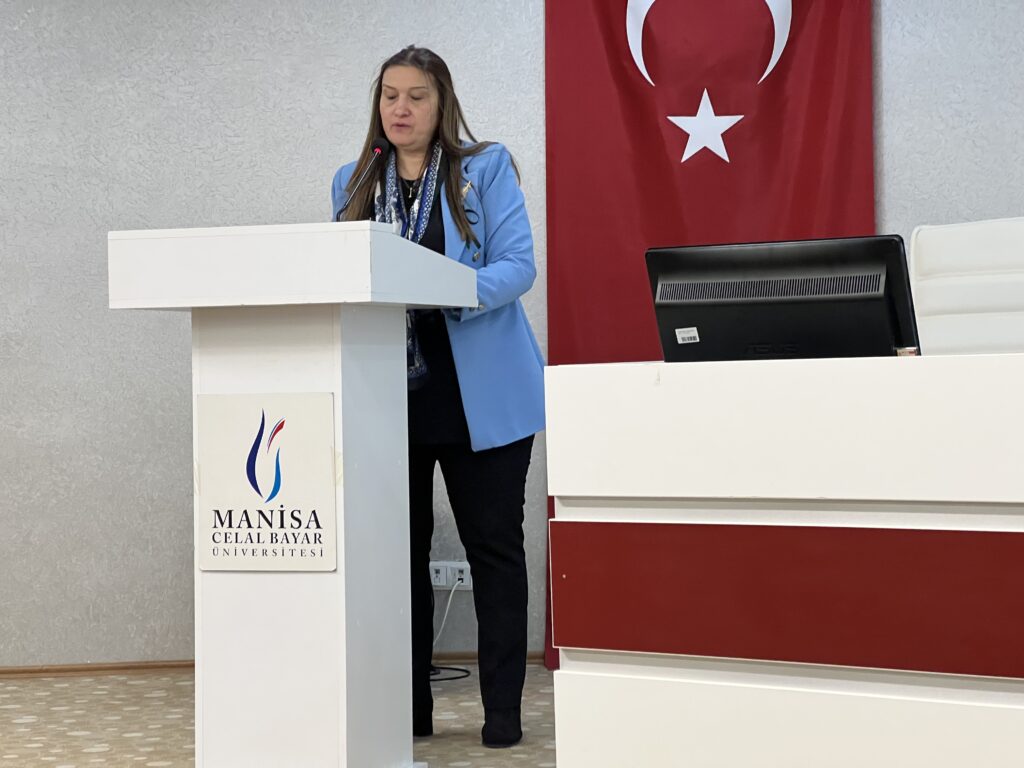
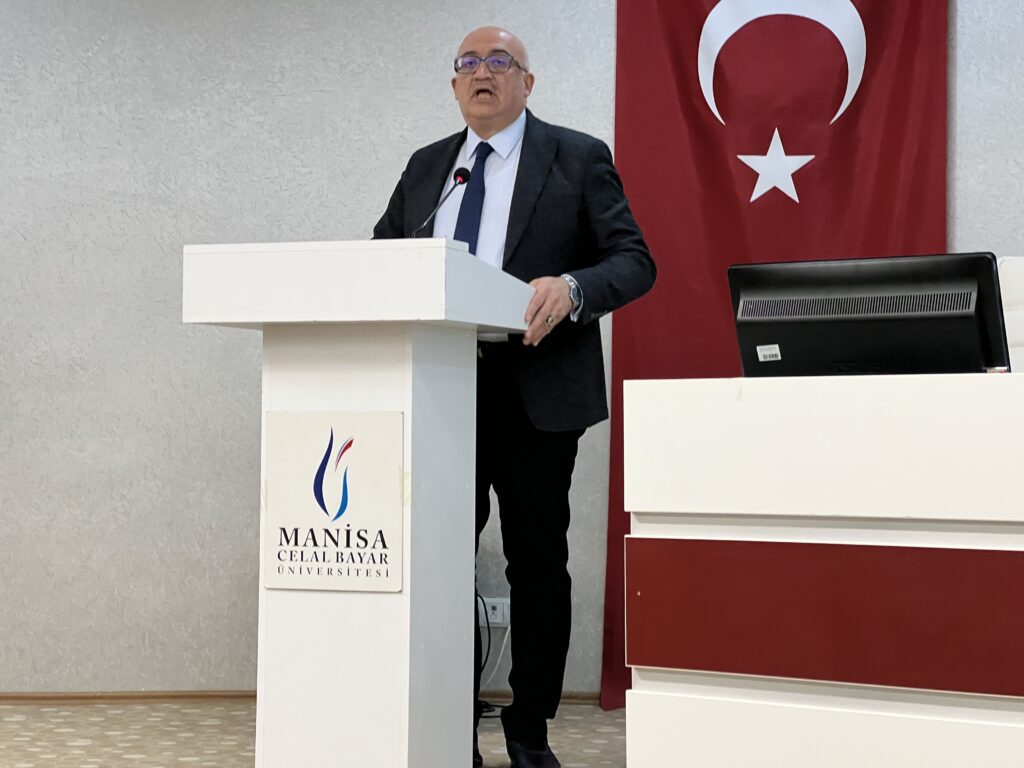
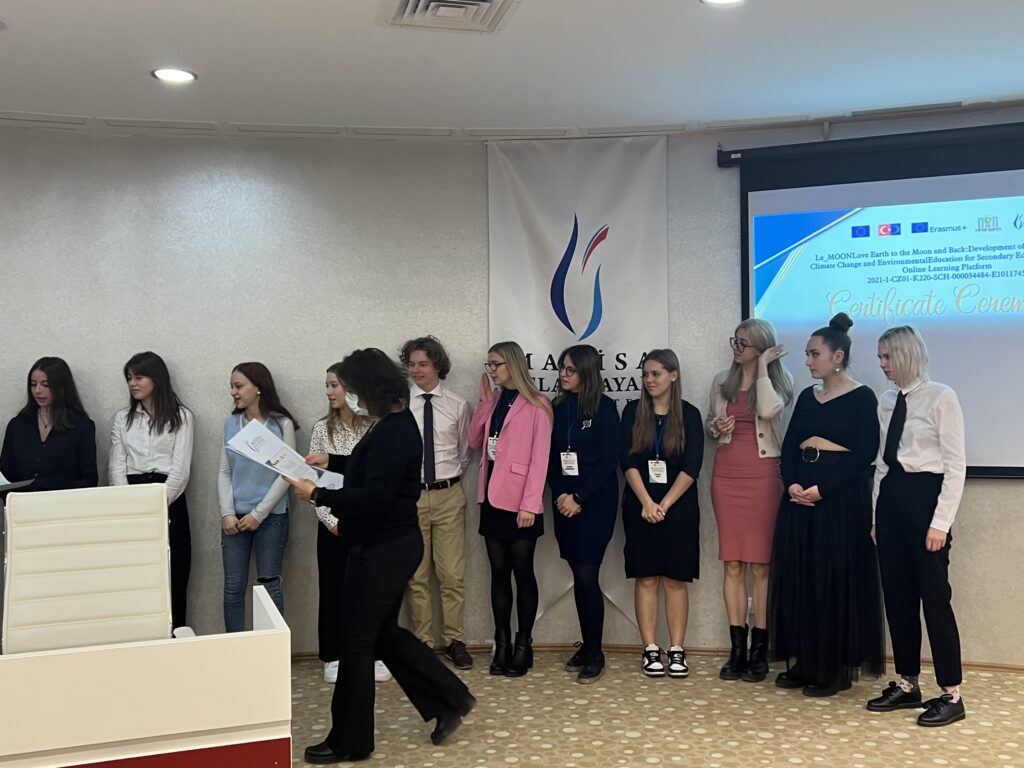
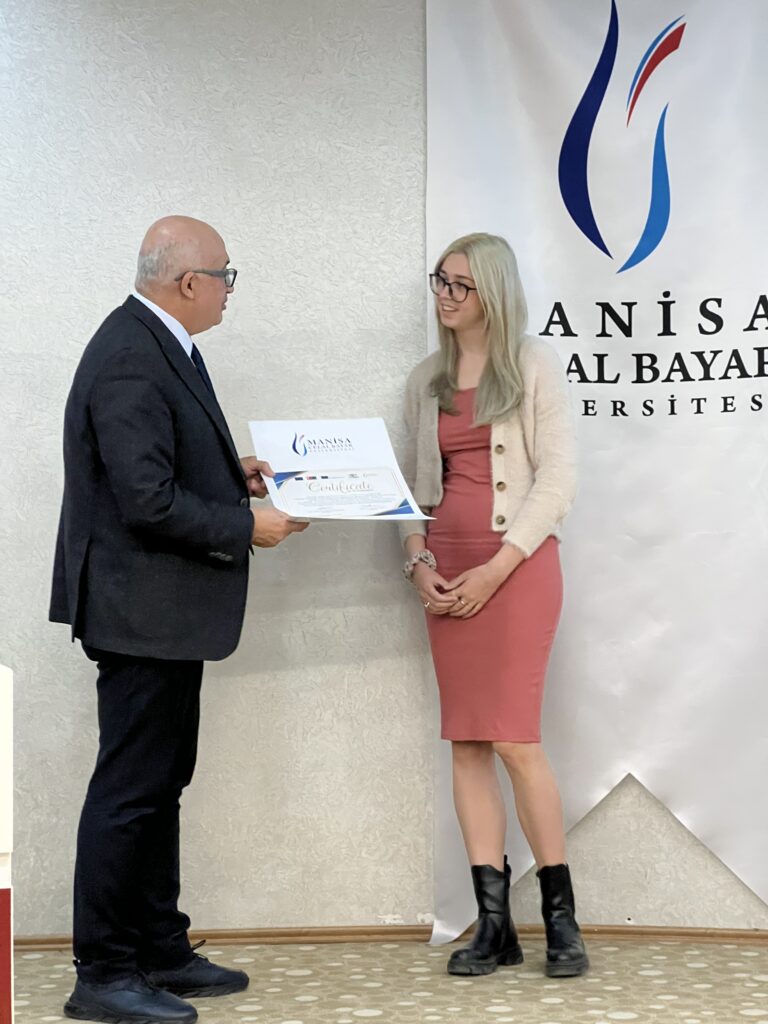
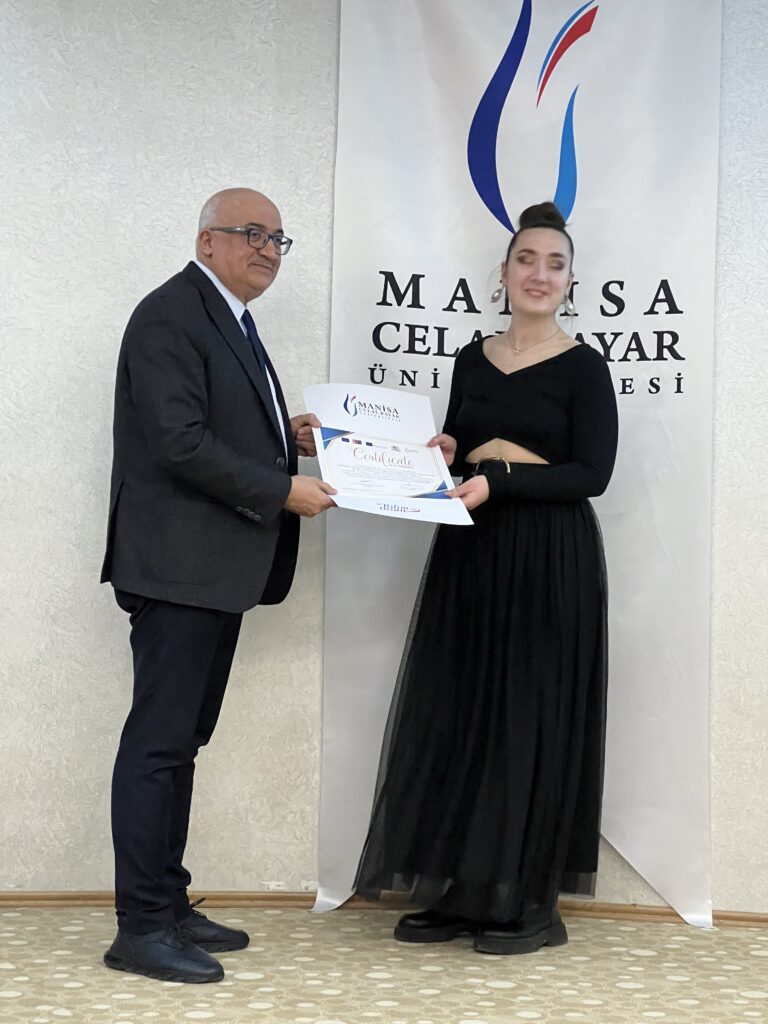
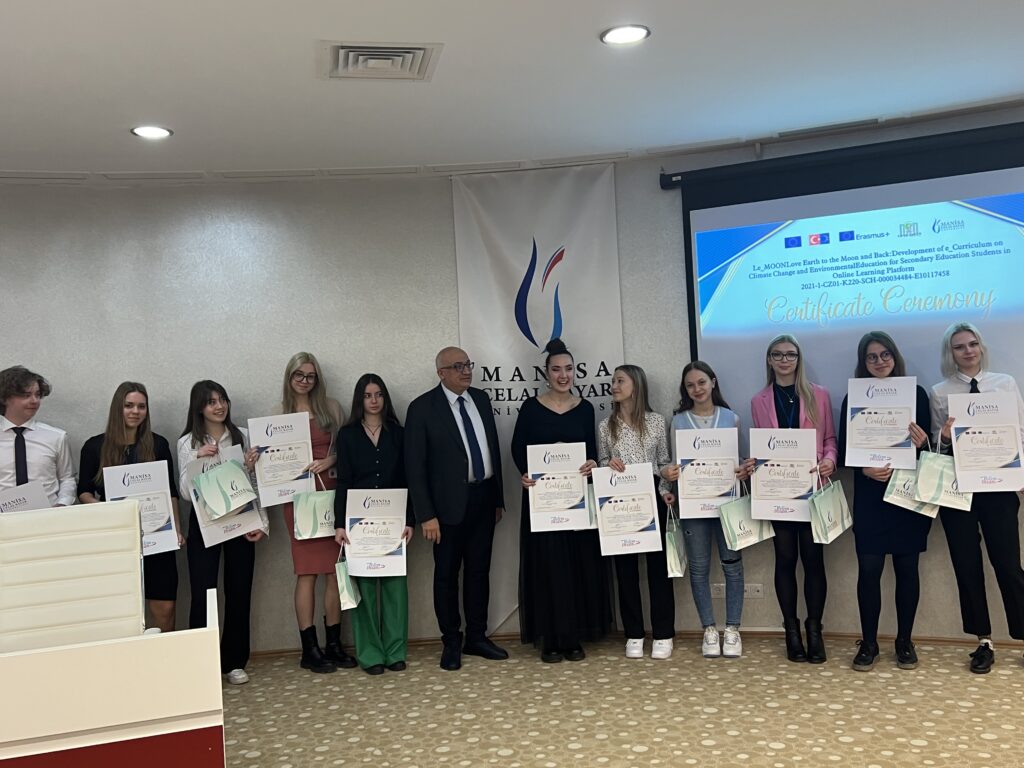
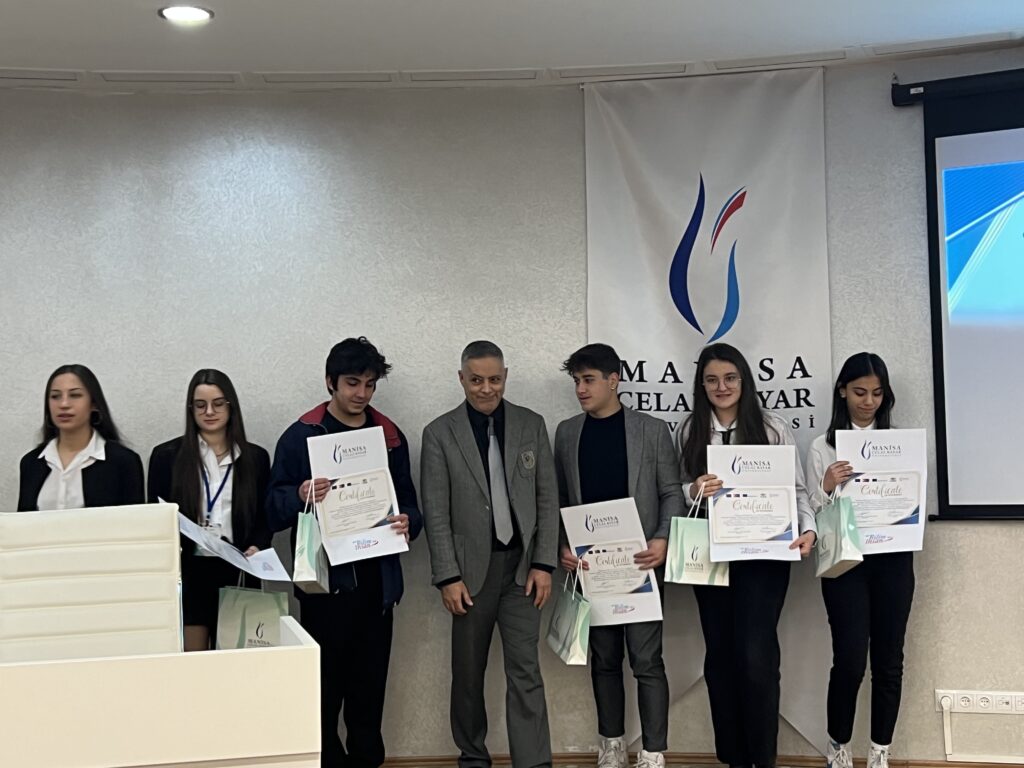

On Friday morning, we all met in the lecture hall of the university and summarized the work for the whole week, evaluated the individual activities and proposed the layout of the work for the next module. The training continued in the Moodle environment, where we could try advanced features, deeper editing and more.
Friday afternoon and Saturday morning were associated with returning home.
We thank all partners for the great atmosphere, for the cooperation, but most of all we thank Manisa Celal Bayar University for the hospitality and perfect conditions they created for us.
Here is the link for the Module 1: https://teacamp.vdu.lt/course/view.php?id=90
We all look forward to our next meetings.
Project coordinator, Lubomír Hájek
